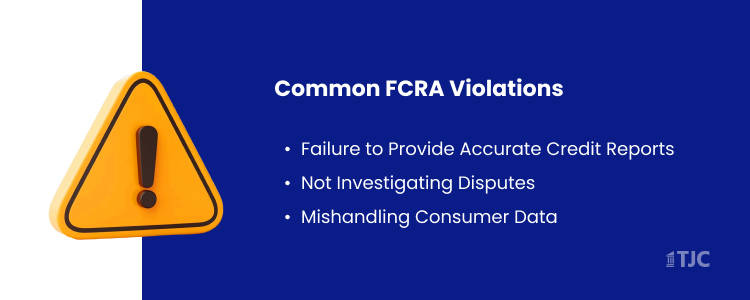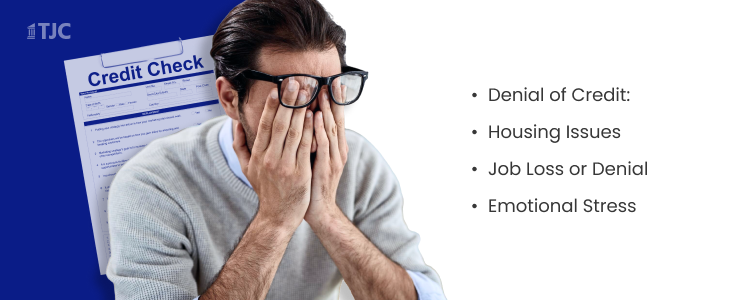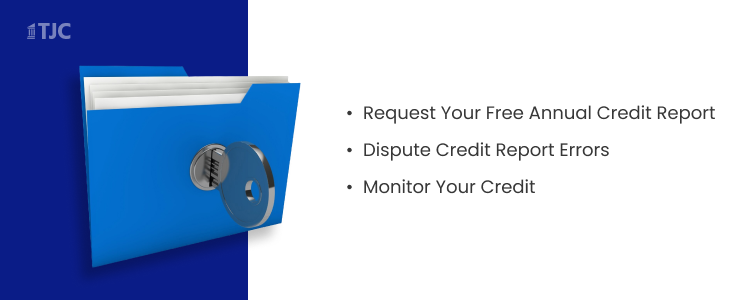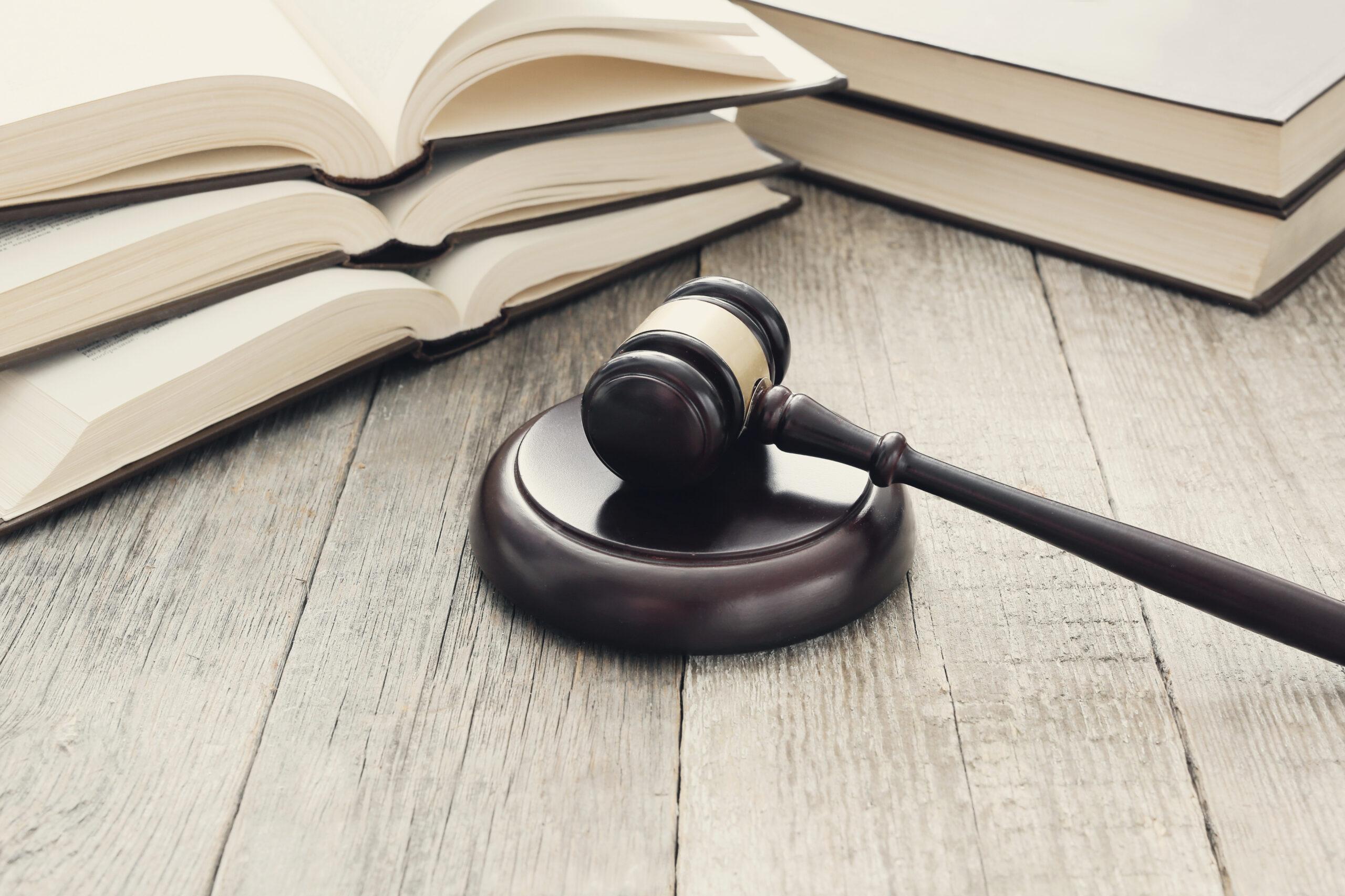Your credit report has a big impact on your life, from applying for a loan or credit card to even landing a job. That’s why it’s important that the information on your report is accurate and up to date. But mistakes happen, and sometimes consumer reporting agencies don’t follow the rules when handling your financial information.
These mistakes are known as FCRA violations, and they can have serious consequences for consumers. Fortunately, the FCRA is in place to protect you when things go wrong. In this post, we’ll dive into the FCRA, its purpose, common violations, and how you can protect your rights.
What is the Fair Credit Reporting Act (FCRA)?
The Fair Credit Reporting Act (FCRA) was enacted in 1970 as a response to growing concerns about how credit reporting agencies handle personal information. Back then, there weren’t many regulations governing how companies could collect, use, or share consumer data.
People were often left in the dark about what was being said about their financial lives. The FCRA changed that by setting standards for how credit information must be handled and giving consumers certain rights.
At its core, the FCRA ensures that credit reporting agencies provide accurate and fair information. It also grants you the right to know what’s in your credit report and to dispute any errors you find.
Whether you’re dealing with your bank, a lender, or even a potential employer, the FCRA gives you control over how your credit information is used.
FCRA and the Role of the Federal Trade Commission (FTC)
The Federal Trade Commission (FTC) plays a key role in enforcing the FCRA. While credit bureaus collect and report credit data, it’s the FTC’s job to ensure they follow the rules.
The FTC investigates companies that violate the FCRA, bringing legal action against them when necessary. This could involve companies providing inaccurate credit information or mishandling sensitive consumer data.
The FTC also helps consumers understand their rights under the FCRA. The FTC provides education to the public through its website and other resources on how to protect their credit information. It also outlines the steps to take if someone suspects a violation.
When a credit reporting agency breaks the law, the FTC has the authority to issue fines and penalties. The FTC can also order corrective actions to prevent future violations.
Common FCRA Violations
Credit reporting agencies are supposed to provide accurate credit information, but they don’t always get it right. Also, a creditor is supposed to notify you when it supplies negative credit information.
Unfortunately, mistakes can and do happen, leading to violations of the FCRA. These violations can have serious consequences for consumers.
Failure to Provide Accurate Credit Reports
One of the most common FCRA violations is when credit reporting agencies fail to provide accurate credit reports. This happens when inaccurate credit information ends up on your reports.
The type of false information included could be outdated balances, incorrect account statuses, or even someone else’s information. These errors can damage your credit score and lead to denials for loans or credit cards.
Not Investigating Disputes
If you notice an error on your credit report, you have the right to dispute it. However, some credit reporting agencies fail to investigate disputes properly.
Under the FCRA, they’re required to look into any claims of errors and correct them if necessary. When they don’t, it can leave consumers dealing with the consequences of incorrect information for years.
Mishandling Consumer Data
Data breaches are happening more frequently and affecting a growing number of businesses and individuals. Another violation occurs when credit bureaus fail to protect your personal information.
It can lead to identity theft or unauthorized access to your credit report. This mishandling of data can have long-term effects on your financial security.
Impact of FCRA Violations on Consumers
The impact of an FCRA violation can be far-reaching. Errors on your credit report can make it difficult to obtain credit, housing, or even a job. Here are some common consequences:
- Denial of Credit: If a lender sees negative credit information that’s inaccurate, they may reject your application or offer you higher interest rates.
- Housing Issues: Landlords often use credit reports to screen tenants. An error on your report could lead to a denial of your rental application.
- Job Loss or Denial: Many employers run credit checks as part of the hiring process. If your report shows false information, it could hurt your chances of getting the job.
- Emotional Stress: Navigating the process of correcting credit report errors can be time-consuming and frustrating, leading to significant stress.
What is a FCRA Lawsuit?
If a credit reporting agency or another entity violates the FCRA, you have the right to file a lawsuit. An FCRA lawsuit allows you to seek compensation for damages caused by the violation, such as financial losses due to credit denials or emotional distress.
FCRA Class Action Lawsuits
FCRA class action lawsuits allow multiple consumers, affected by similar violations, to file a single lawsuit against a company. Instead of many individual cases, one group, or “class,” sues together.
These lawsuits often involve widespread issues like inaccurate reporting or improper background checks, affecting large numbers of people.
The structure includes a lead plaintiff who represents the entire class, with the outcome affecting all class members. Common violations leading to class actions include failure to investigate disputes and mishandling sensitive data. Another common issue is reporting false information on credit reports.
Successful class actions often result in large settlements for affected consumers.
How Long Do FCRA Lawsuits Take?
The timeline for an FCRA lawsuit can vary, but most cases take several months to a year to resolve. After filing, there’s typically a period of investigation and gathering of evidence, which can take a few months. If the case is straightforward, it may end in a settlement without going to court.
However, if the lawsuit goes to trial, it can take one to two years or even longer to reach a resolution. Factors like the complexity of the case, the number of parties involved, and whether there’s a settlement can all impact how long the process lasts.
How to File an FCRA Lawsuit
If you believe your rights under the FCRA have been violated, the first step is to gather all relevant evidence. This includes copies of your every credit report, records of disputes, and any correspondence with the credit bureaus or other companies involved. Once you have this information, it’s time to contact an attorney who specializes in FCRA cases.
How to Find an FCRA Attorney
Finding the right attorney is crucial to successfully navigating an FCRA lawsuit. You’ll want to choose an attorney who has experience handling cases related to credit reporting act violations.
They should also have a track record of winning cases or securing settlements for their clients. Ask for recommendations or look for attorneys who specialize in consumer protection laws.
FCRA Statute of Limitations
The FCRA has specific time limits, known as the statute of limitations, for filing a claim. You generally have two years from the date you discover the violation to file a lawsuit. However, if the violation went unnoticed, you have a maximum of five years from the actual date of the violation.
It’s crucial to act quickly because missing these deadlines can prevent you from pursuing legal action. The statute of limitations ensures that claims are timely and that evidence is still fresh, making it easier to resolve disputes fairly.
What Damages Can You Recover in an FCRA Lawsuit?
If your rights under the FCRA are violated, you can recover several types of damages. Statutory damages range from $100 to $1,000 per violation, even if you haven’t suffered financial harm.
If you’ve experienced actual losses, such as being denied credit or housing, you can claim actual damages. These damages could be much higher depending on the extent of your losses.
Also, the FCRA allows you to recover legal fees and court costs, meaning the defendant may have to cover your attorney expenses if you win the case. In severe cases, where the violation was willful, courts may also award punitive damages, further increasing compensation to deter future misconduct.
FCRA Enforcement and Penalties
The Fair Credit Reporting Act (FCRA) is enforced primarily by the Federal Trade Commission (FTC) and the Consumer Financial Protection Bureau (CFPB). These agencies investigate violations and ensure compliance. When companies violate the FCRA, they may face civil penalties, such as fines, and be required to correct the errors in credit reports.
In cases of willful non-compliance, violators can also face criminal penalties. For example, companies that knowingly provide false information or fail to protect sensitive consumer data can be subject to lawsuits.
It can result in compensation for affected consumers, including statutory damages, actual damages, and legal fees.
Notable FCRA Class Action Cases
Several significant FCRA class action cases have made headlines and shaped how consumer credit rights are enforced. One major case involved Equifax, which reached a $700 million settlement in 2019 after a massive data breach in 2017 exposed personal information of nearly 147 million people.
Consumers accused Equifax of failing to protect sensitive data, leading to identity theft risks and credit damage. As part of the settlement, affected consumers were eligible for compensation and credit monitoring services.
Another key case was Ramirez v. TransUnion, a class action lawsuit that reached the U.S. Supreme Court in 2021. The case involved TransUnion incorrectly labeling thousands of consumers as potential terrorists on credit reports used for background checks. The court ruled in favor of some plaintiffs, awarding damages for the harm caused by these false reports.
This case underscored the importance of credit reporting agencies maintaining accurate information and highlighted consumer rights under the FCRA.
How to Protect Your Rights Under the FCRA
As a consumer, it’s important to be proactive about your rights under the FCRA and consider initiating a class action lawsuit if you and others have been harmed by a mistake. Here are a few steps you can take to protect yourself:
- Request Your Free Annual Credit Report: You’re entitled to one free credit report each year from each of the three major credit bureaus (Experian, Equifax, and TransUnion). Review your reports regularly to spot any errors.
- Dispute Credit Report Errors: If you notice inaccurate information, dispute it with the credit bureau immediately. They are required to investigate and correct mistakes.
- Monitor Your Credit: Using a credit monitoring service or running a background check on yourself are options that can help you keep track of changes to your credit report and alert you to potential issues.
How to Avoid FCRA Violations as a Business
Businesses, particularly those that rely on a credit file for lending or hiring decisions, also need to be aware of Fair Credit Reporting Act rules. Here are a few best practices to follow:
- Get Proper Consent: Always obtain written consent before accessing someone’s credit report, whether it’s for employment or lending purposes.
- Keep Accurate Records: Ensure that any information you provide to credit bureaus is accurate and up to date.
- Respond to Disputes: If a consumer disputes information, investigate it thoroughly and update the report if necessary.
FCRA Violations FAQs
Under the Dodd-Frank Act, the Federal Trade Commission monitors credit circumstances and ensures compliance with FCRA to prevent credit information violations. Credit card companies must also ensure that any credit reporting meets these legal standards.
Here are commonly asked questions regarding FCRA violations:
How Long Does It Take to Fix Credit Report Errors?
Typically, credit reporting agencies have 30 days to investigate and correct any errors after you dispute them. However, complex cases can take longer to resolve.
How to Report FCRA Violations?
You can report FCRA violations to the Federal Trade Commission (FTC) or the Consumer Financial Protection Bureau (CFPB). In some cases, you may also want to contact an attorney to explore your legal options.
What is the FCRA Financial Crime?
While the FCRA primarily governs credit reporting practices, mishandling consumer information can sometimes overlap with financial crimes, such as identity theft or fraud.
What Are the Classifications of Disputes Under the FCRA?
Disputes under the FCRA typically fall into three categories: factual errors (e.g., incorrect account balances), mixed files (someone else’s information on your report), and fraudulent activity (identity theft).
What FCRA Violations Can I Sue Employer Background Check Companies For?
You can sue an employer or a background check company if they fail to get your permission to run a credit check, or if they use inaccurate information that negatively affects your employment opportunities.
Conclusion
Understanding Fair Credit Reporting Act violations is super important for protecting your financial life. These violations can mess with your ability to get a loan, rent a place, or even land a job.
The good news is, if your rights are violated, you have legal options to recover damages and set things right. Be sure to always dispute inaccurate information whenever you see it.
The best way to protect yourself is by staying on top of your credit reports and addressing any errors right away. Every consumer reporting agency is required to report accurate credit information under federal law.
If things get complicated, don’t hesitate to talk to a lawyer who knows Fair Credit Reporting Act cases inside and out. They can help you understand your rights and figure out the next steps to take.
Disclaimer: The information provided in this article is for informational purposes only and does not constitute legal advice. Readers should consult with a licensed attorney for legal guidance regarding their specific situation or any FCRA-related issues. The content is not intended to create, and receipt of it does not constitute, an attorney-client relationship.




